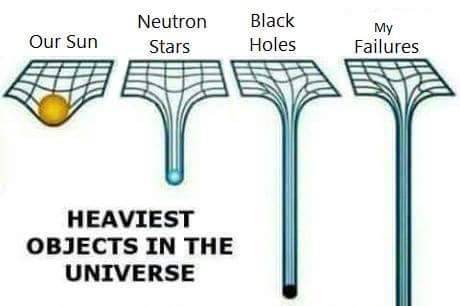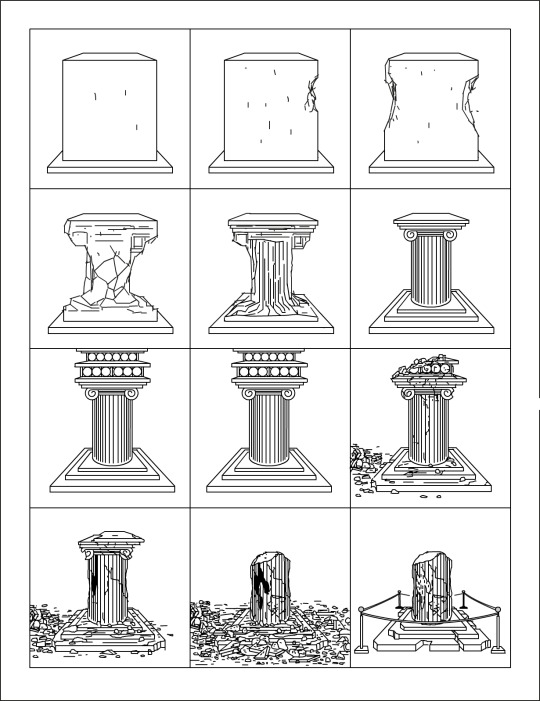Hello! This place where I post somehing about my hobby: languages and books. Russian speaker, Languages: English (~C1), Latin, Japan (N3->N2), Spanish (A2) German, Italian & French are temporarily dropped.
Don't wanna be here? Send us removal request.
Photo



Yakutsk, Russia
The coldest city on Earth
25K notes
·
View notes
Photo








Russian Swear Words We Definitely Need In English
3K notes
·
View notes
Photo

information thelocal - 21 mildly interesting facts about italian wikipedia - italian language wikipedia - italian orthography wikipedia - italian phonology
phrases ielanguage - basic italian phrases mylanguages - italian phrases omniglot - useful italian phrases
apps & websites 9000 words [android] babadum duolingo for english speakers duolingo for french speakers duolingo for german speakers duolingo for spanish speakers memrise
verbs icebergproject.co - 10 basic irregular verbs italian-verbs.com - conjugator rocketlanguages.com - verb patterns
dictionaries cambridge [eng-it] collins [it-eng / eng-it] corriere [it-eng / eng-it] corriere [it-spa / spa-it] hoepli [it-spa / spa-it] wordreference [it-eng / eng-it]
grammar [downloadable] routledge - basic italian: grammar & workbook routledge - modern italian grammar thoughtco.com
news corriere della sera focus mattino messaggero repubblica
media 10 beautiful italian films italia-film.gratis italia.fm [all radios] italian music rec serietvu.com
1K notes
·
View notes
Photo

Карманный мини котик. Анти стресс на работе )
28K notes
·
View notes
Text
IT’S OK IF ENGLISH WASN’T YOUR FIRST LANGUAGE LEARNED!!
English is considered a hard language to learn because of the multiple homonyms and weird spellings for words, etc. There’s always room for improvement. It’s okay if you’re used to the language you’ve been speaking your whole life. If you pronounce a word wrong, that’s ok. If you have an accent and you’re learning English, that’s also ok. If your grammar isn’t where you want it to be, totally fine. Don’t sweat it. It doesn’t make you stupid or weird. Learning new things isn’t always easy. Always try your best with it. 💜
1K notes
·
View notes
Photo

Rainbows in St Petersburg | hermitage_museum
20K notes
·
View notes
Text
Hi! I’m since long time (about 2 months?)
During that time I finished my 1st latin course and started 2 (or 3?) new languages. I've also registered to JLPT in December.yep....it’s all
0 notes
Photo




On September 15h, 2017 the Cassini spacecraft will end its 20-year mission by diving into the atmosphere of Saturn.
Goodnight, Cassini.
71K notes
·
View notes
Text
Influence of the Portuguese Language on Japanese (Part 2)
In the last post, I talked mostly about phonological changes between the loaning of words between Portuguese and Japanese. But a lot more than phonological change happened to the words when these two languages came into contact with each other.
Another change I’d like to discuss is semantic change (!!) when the meanings of words change. In this case, when the meaning of a word in Portuguese changes when it becomes adopted into Japanese.
Here’s a list of some of the words that underwent semantic change and what kind of semantic change they underwent:

Widening is a process where a word’s meaning becomes more broad. For example, ‘tempero’ in Portuguese is a certain type of seasoning for food, but it becomes widened in Japanese to mean a type of food (that’s prepared a certain way).
Narrowing is the opposite. Where a certain broader category becomes more specific. Like ‘confeito’ in Portuguese, which in general means sweets or candy, but in Japanese, ‘konpeito’ is a certain type of candy and is not used to mean candy in general.
“Localization” is my own creation because I didn’t see it fit in any other category :P I’m pretty much saying here that these garments in both Portuguese and Japanese culture are underwear, but for the Japanese, they become a specific underwear used for kimono. So it becomes localized to the culture. But I guess it can be a type of narrowing (maybe)?
Metaphor is a process where you’re bridging two ideas. For example, ‘type of boat’ and ‘type of sushi.’ There’s a loose metaphorical connection with boats, fish, seafood, and in general the ocean. I’m not 100% sure where the connection comes in, but you can see it.
Metonymy is when you’re extending the meaning of a word to include something that’s closely related to the original. I’ll give you a non-Portuguese-and-Japanese example: ‘cadera’ in Spanish currently means ‘waist’ but before, it used to mean ‘armchair.’ When you sit down, your butt (haha) touches the chair, and your butt and your waist are in close proximity, in which the name for armchair over time becomes…waist. It’s interesting because cadeira can still mean chair in Portuguese (but also waist, I think, right? Help me out guys).
Pejoration is a process where a word comes to mean something more negative. Maybe you might be wondering how ‘sword’ comes to mean ‘an insulting word for a woman.’ Apparently, in card playing games, ‘espada’ is a technical term where the spades is the least valuable or desirable card. So ‘espada’ can either mean ‘sword’ or ‘spade’ in which, the least desirable card somehow comes to mean an insulting word for a woman in Japanese. Weird~
There’s a lot more types of semantic change that weren’t listed here. If you’re interested in learning more about semantic change, you can Google it, or I recommend the book on Historical Linguistics by Lyle Campbell :) It talks about a lot more than just semantic change and touches on phonological change, comparative method, etc.
Side note: semantic changes can happen in loan words and in contact situations as well as within one language. There’s so many words we don’t realize have undergone semantic change. For example, think of the words awesome (used to mean ‘inspiring awe’ but now is used to mean ‘cool’ or ‘great’) or dumb (used to mean ‘silent or unable to speak’).
Note: The data that this information comes from is not from me. My data comes from another researcher’s work and I’m using his work to discuss, in this case, semantic changes.
197 notes
·
View notes













